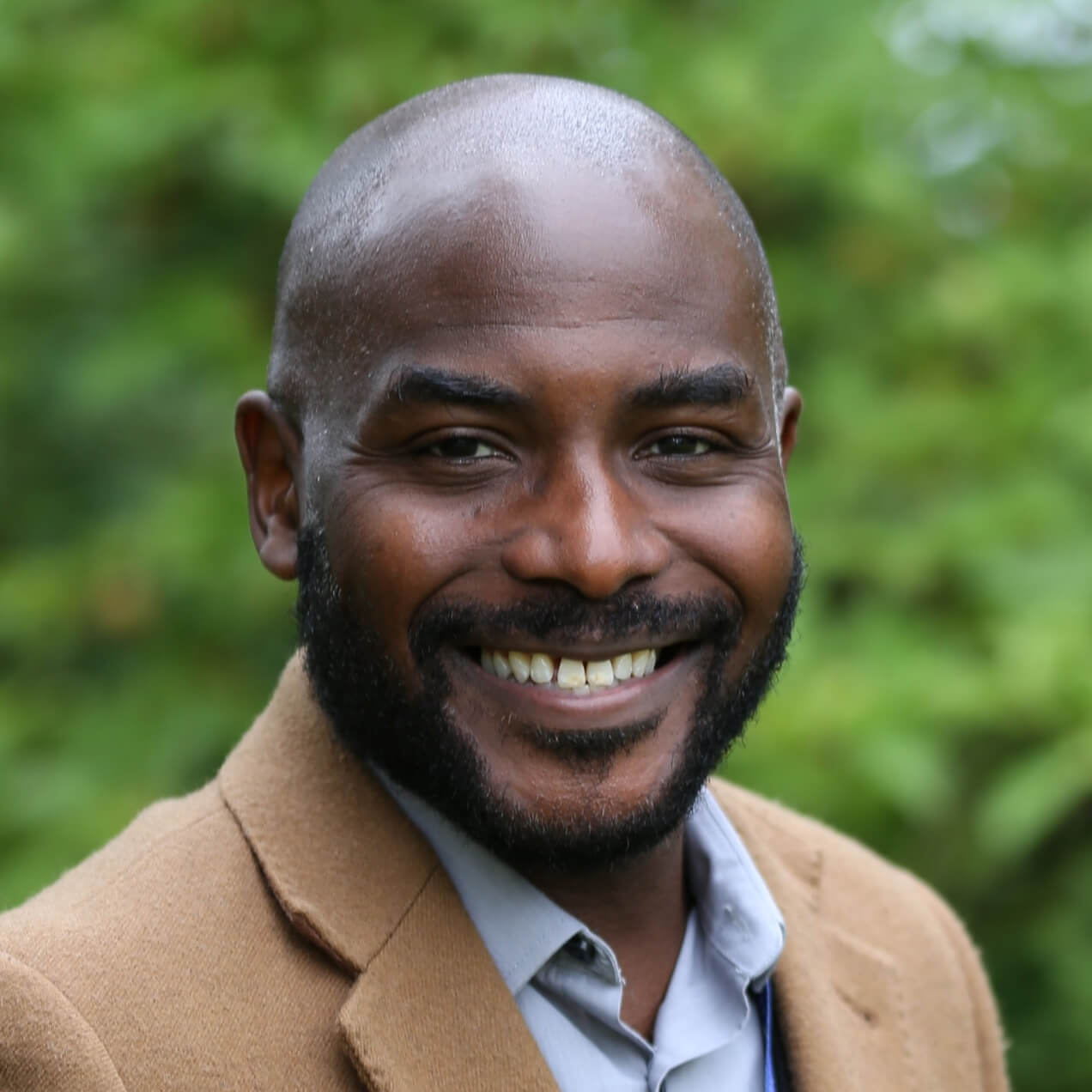8 November 2024
Promoting equity in assessment

Author
Dr Paul Ian Campbell
Director of the University of Leicester's Institute for Inclusivity in Higher Education
Dr Paul Ian Campbell is Director of the University of Leicester's Institute for Inclusivity in Higher Education. Paul has this autumn published a new study of Race and Assessment in Higher Education, work based in part on a QAA-funded Collaborative Enhancement Project which he led in partnership with colleagues from Birmingham City University and the University of Wolverhampton.
One of the frustrations you can encounter when working in the sociology of education is that we're often laser-focused on trying to identify and understand problems from theoretical perspectives. That's of course an important thing to do, but it's only half the story.
Defining the problem is only part of the problem. In 2020, the aggregate race awarding gap between the percentage of UK-domiciled undergraduate students of colour and their White peers achieving a 2.1 or above was 9.9%. During academic year 2022-23 the proportion of Black students at English providers gaining upper awards stood at 19.3 percentage points below that of White students.
The problem, then, is self-evident. But it's not just about the problem. It's about what we can do to respond to it. That was the intention behind this new book – and the research which it's built on. I very much hope this project delivers on that.
The intention of this book was always to make something that was helpful not only for those who are familiar with these issues but also to reach out to people who may still be sceptical about the nature of the issues involved and how we might effectively approach them.
The book starts by demonstrating how assessment within higher education can often work unevenly for students of colour – even if we're not intending for that to happen – and what we can do as practitioners to address that.
What the book tries to show is what practical steps educators can take to make their assessment practice more equitable – at least for as long as it may take till broader structural changes have taken place across the sector.
And because this resource is pedagogy-focused it's designed to speak to practitioners in all disciplines.
Our research involved focus groups and semi-structured interviews with 111 undergraduate students of four different disciplines, along with the assessment performance data of 175 undergraduate students across six modules delivered by three higher education providers.
One of its more surprising insights was the relatively high number of students who – at least in some subject areas – felt more confident with exams than coursework.
The reasons given for that preference have included a familiarity with exams at school and college, and a general confusion as to how to approach other types of assessment, as well as the benefit for students (who may commute, work part-time or have caring responsibilities or other time-constraints) of being able to clearly fix the timing of exams in their schedules.
The preference for exams also tended to speak to those student groups less likely to be familiar with, and comfortable in dealing with, the conventions of higher education.
Students without experience of how to do assessment in higher education, or without family members who've been to university – who can represent key cultural resources to draw on – might not, for example, know how to approach a 1,500-word essay. They might, for instance, think they just need to sit down for three evenings before the deadline and write 500 words each time – without the advantage of having previously been versed in strategies of how to prepare, research, plan and structure their arguments.
Yet, regardless of the mode of assessment, knowledge of the business of how to write an essay or sit an exam can often be lost on students without prior educational advantages or family backgrounds in higher education.
The Racially Inclusive Practice in Assessment Guidance Intervention (RIPIAG) programme developed through this research – and articulated in my new book – is designed to equip all students with the ability to construct an argument – that is, to build a powerful narrative around their ideas.
It consists of four practical resources: the Critical Assignment Schedule (CAS), the Critical Assignment Brief (CAB), the Modified Active Seminar Workshop (MASW) and the Active Group Marking Exercise (AGME).
The CAS is a detailed timetable that sets out the key points in the assessment process for each assignment. The CAB is a document which contains in a clear and accessible form information on submission deadlines, grade weighting, assignment instructions, assignment questions, learning outcomes, instructions of referencing and academic integrity and advice on late/non-submissions, as well as tips and essential things to include.
The third stage – the MASW – comprises a series of exercise through which students workshop and build their understanding of how to develop a particular assignment. This process explores, for example – depending on the nature of the assignment – such topics as what makes a good essay, how to write an introduction, and how to use evidence to construct a critical argument. By the end of this process, students are able to identify what the characteristics of a strong piece of work are. It breaks an assignment down into its key components, and then – in the final part of the exercise – works through how we can put Humpty Dumpty together again.
The final stage of this sequence of interventions – the AGME – is a group-based activity where students themselves get to mark previous assignments. Using a combination of the assessment content covered in the MASW and the marking criteria, students are expected to reach a consensus about the grade score for each script – and to provide a rationale for the grade awarded using the descriptors in the marking criteria and the lessons learnt in the seminar to justify the grade given.
Our research has shown that these interventions can result in significant impacts, reducing the race award gap, and being welcomed by both students and staff involved.
I'm currently working with 14 higher education providers in introducing these approaches. I very much hope that others will adopt such initiatives to make assessment in higher education more equitable and inclusive.
But there's still, of course, a plethora of challenges here. We've pulled at one thread of the tapestry, but the tapestry is still there.
At 13:00 on Wednesday 4 December, Dr Paul Ian Campbell will be in conversation with our very own Dr Kerr Castle for a special online event to launch Paul's book hosted by QAA.
